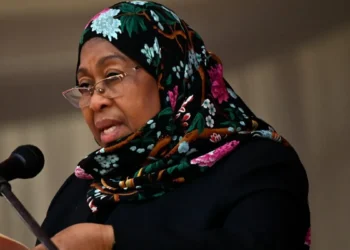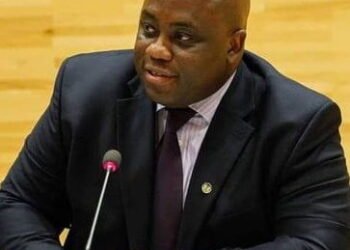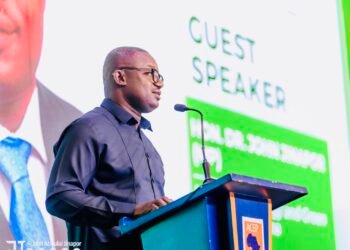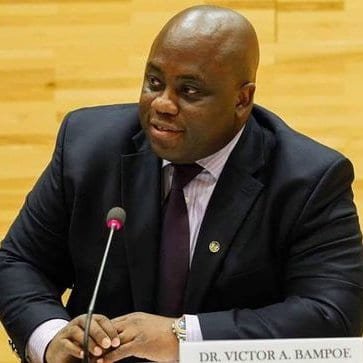The persistent shadow of tribal politics continues to loom over Ghana’s democratic journey. For Dr. Kwame Sarpong Asiedu, a Fellow at CDD-Ghana, this phenomenon is not new.
It has long existed beneath the surface, shaping political behavior and influencing electoral outcomes. What has changed, however, is the way such undertones are received depending on the individual who expresses them.
According to Dr. Asiedu, the political atmosphere has become fraught with contradictions that reveal deep-seated double standards.
When certain figures invoke identity politics, the country reacts with silence. When others do the same, the outrage is swift and loud. This inconsistency, he warned, is not only hypocritical but also dangerous to Ghana’s fragile social fabric.
“When Dr. Mahamudu Bawumia said he could count on Northern votes because of his extraction, or when he implied that his election would see the Quran raised in the seat of government, the words were heavy with tribal and religious connotation.
“Yet there was little outrage. Silence prevailed because it was Bawumia speaking.”
Dr. Kwame Sarpong Asiedu
Today, the same Dr. Bawumia is among those raising alarms over similar rhetoric from Bryan Acheampong.
As Dr. Asiedu noted, this reflects a broader inconsistency in Ghana’s politics: statements are judged less by their substance and more by the identity of the person who delivers them.
This selectivity has allowed tribal and religious politics to persist, cloaked in excuses when it benefits one camp, and condemned when it undermines another.
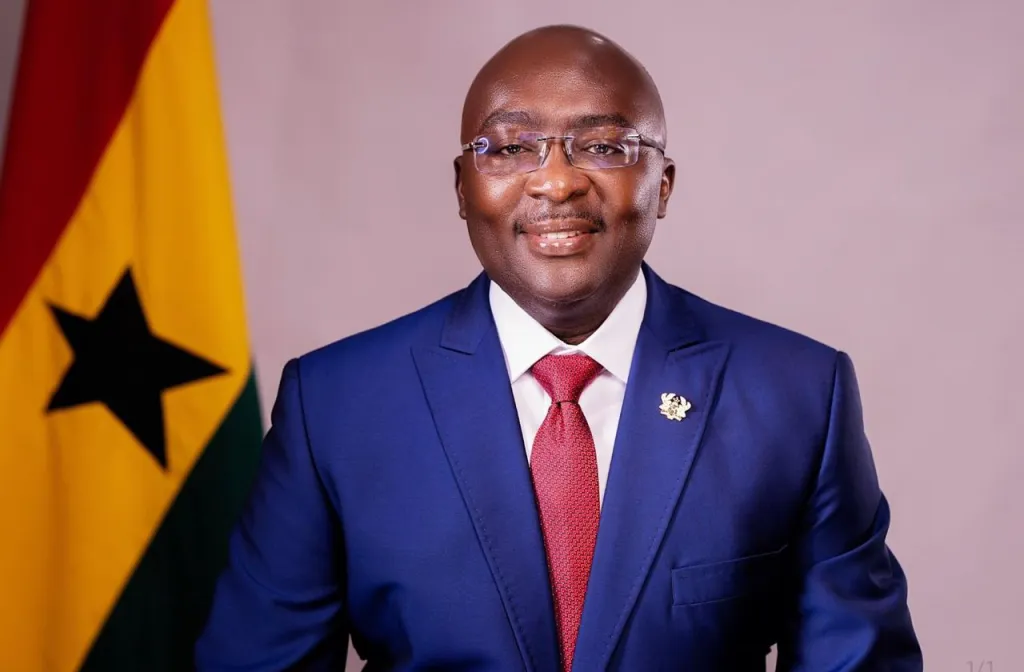
The danger, in his view, lies in how these selective reactions push the nation further into identity-driven politics.
He explained that tribes and religions are now wielded not as symbols of unity but as convenient shields or weapons, depending on the political moment.
This approach risks deepening divisions and eroding national cohesion, leaving lasting damage that could take generations to repair.
“The question is simple: if it was wrong for Bryan Acheampong, why was it acceptable for Bawumia? Ghana cannot afford to play selective morality with its democracy.”
Dr. Kwame Sarpong Asiedu
Selective Morality, Tribal Politics Cost Unity
According to Dr. Sarpong Asiedu, the true cost of tolerating these double standards is not immediate but gradual. It manifests in the steady weakening of Ghana’s political culture and in the loss of trust among its citizens.
When political actors or their supporters excuse tribal and religious undertones from favored figures while denouncing them in opponents, the result is confusion and cynicism among the electorate.
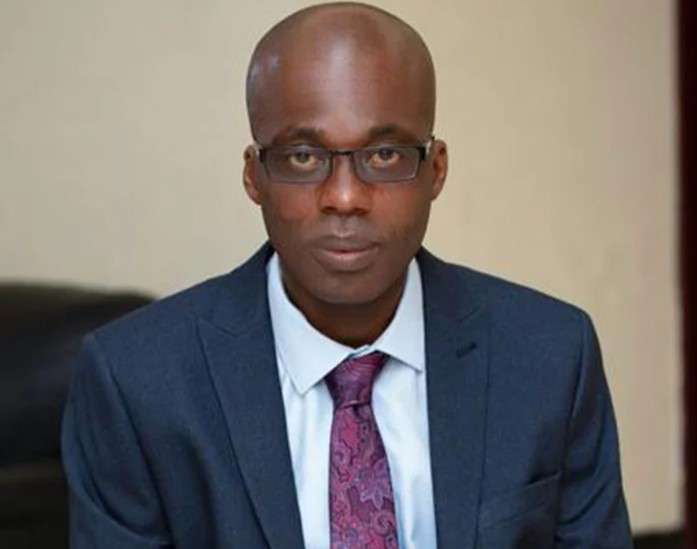
Dr. Asiedu argued that such inconsistency corrodes the legitimacy of democratic institutions.
Citizens begin to question whether principles matter at all in political life or whether everything is negotiable based on who holds power.
This erosion of trust undermines the ability of parties to build genuine national consensus and risks polarizing the nation along lines that may prove difficult to mend.
“The cost of indulging tribal and religious undertones, depending on the speaker, is the slow erosion of national cohesion.” Once broken, he cautioned, unity cannot be easily repaired.
Ghana’s political history has shown time and again that unchecked identity politics can sow the seeds of instability. Dr. Asiedu’s remarks serve as a reminder that consistency in condemning divisive rhetoric is essential.
Whether it comes from a ruling party figure or an opposition leader, the standard should be the same. Allowing some individuals to exploit tribal or religious identity while condemning others only entrenches hypocrisy and sets the stage for deeper conflict.
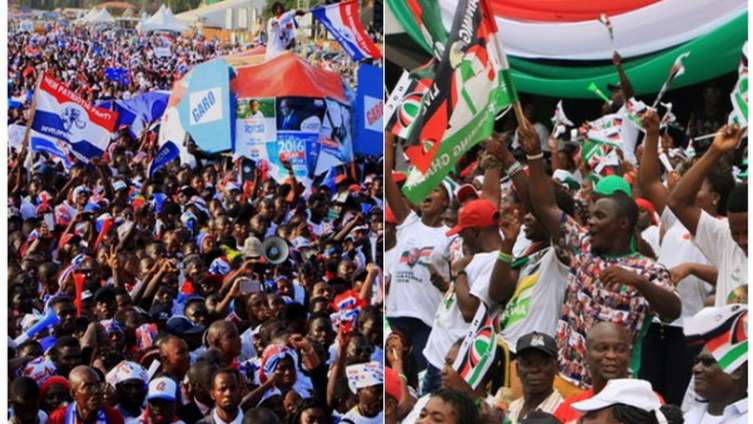
The way forward, he suggested, lies in honest political accountability. Leaders must set the tone by rejecting tribal and religious appeals regardless of the source.
Civil society, the media, and ordinary citizens also have a role to play in refusing to normalize divisive rhetoric. Without such consistency, Ghana risks normalizing identity politics in ways that could destabilize the nation’s democratic experiment.
Ultimately, the challenge is bigger than individual politicians or parties. The stakes are about the health of Ghana’s democracy and the strength of its national identity.
Tribal politics, tolerated under one leader and condemned under another, can only weaken the social glue that binds Ghanaians together.
The choice for Ghana is clear: uphold one standard for all political rhetoric or risk slipping into a politics of division that undermines both governance and unity. Consistency, fairness, and accountability are the antidotes to selective morality.
Without them, the nation risks a future defined less by democratic progress and more by the fractures of identity politics.
READ ALSO: MobileMoney LTD Launches “Shine Your Eye” Campaign to Tackle MoMo Fraud



